Connect with us
News
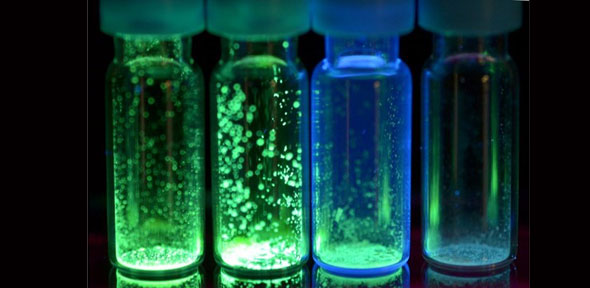
Rotating molecules create a brighter future
Scientists have discovered a group of materials which could pave the way for a new generation of high-efficiency lighting, solving a quandary which has inhibited the performance of display technology for decades. The development of energy saving concepts in display and lighting applications is a major focus of research, since a fifth of the world’s electricity is used for generating light.
30 March 2017
News
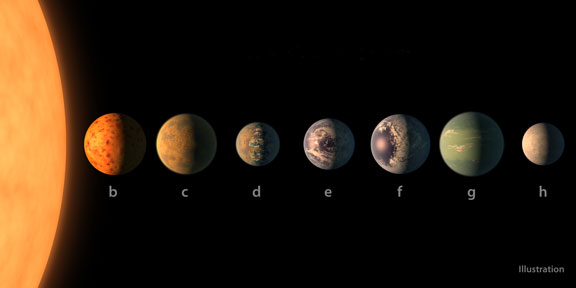
Newly discovered planets could have water on their surfaces
An international team of astronomers has found a system of seven potentially habitable planets orbiting a star 39 light years away three of which could have water on their surfaces raising the possibility they could host life. Using ground and space telescopes, the team identified the planets as they passed in front of the ultracool dwarf star known as TRAPPIST-1. The star is around eight per cent of the mass of the Sun and is no bigger than Jupiter.
22 February 2017
News
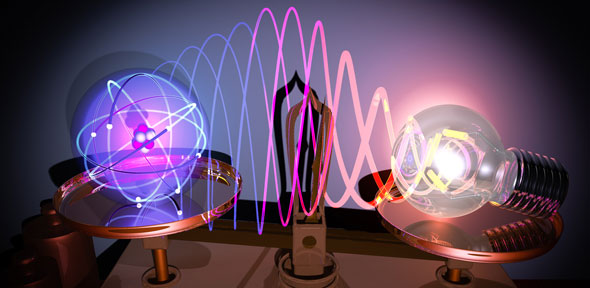
World’s ‘smallest magnifying glass’ makes it possible to see individual chemical bonds between atoms
Using the strange properties of tiny particles of gold, researchers have concentrated light down smaller than a single atom, letting them look at individual chemical bonds inside molecules, and opening up new ways to study light and matter.
10 November 2016
News

Brexit: Listen to experts from Cambridge and beyond discuss how, why and what next for Brexit Britain
Listen to some of the talks that were given as part of the University's 'Brexit Week' series, which took place from 18 - 22 October.
2 November 2016
News
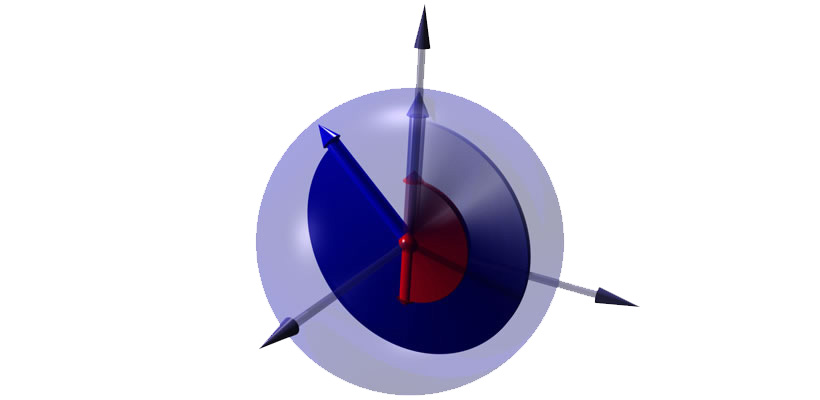
Researchers road-test powerful method for studying singlet fission
In a new study, researchers measure the spin properties of electronic states produced in singlet fission – a process which could have a central role in the future development of solar cells.
17 October 2016
News
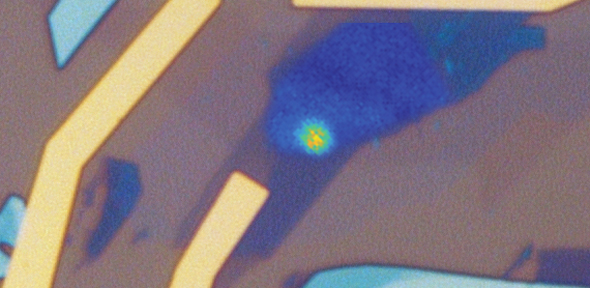
Ultra-thin quantum LEDs could accelerate development of quantum networks
Researchers have developed all-electrical ultra-thin quantum LEDs, which have potential as on-chip photon sources in quantum information applications, including quantum networks for quantum computers.
7 October 2016
News

Cambridge alumni win 2016 Nobel Prize in Physics
Three alumni of the University of Cambridge were today awarded the 2016 Nobel Prize in Physics for their pioneering work in the field of condensed matter physics.
4 October 2016
News
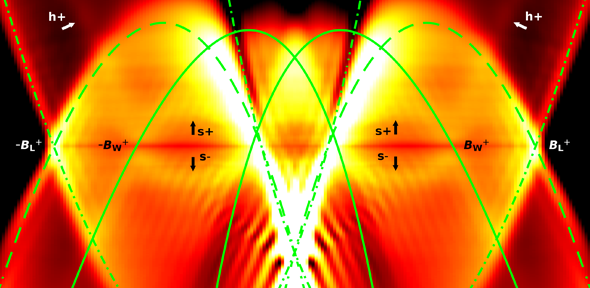
A tight squeeze for electrons – quantum effects observed in ‘one-dimensional’ wires
Researchers have observed quantum effects in electrons by squeezing them into one-dimensional ‘quantum wires’ and observing the interactions between them. The results could be used to aid in the development of quantum technologies, including quantum computing.
15 September 2016